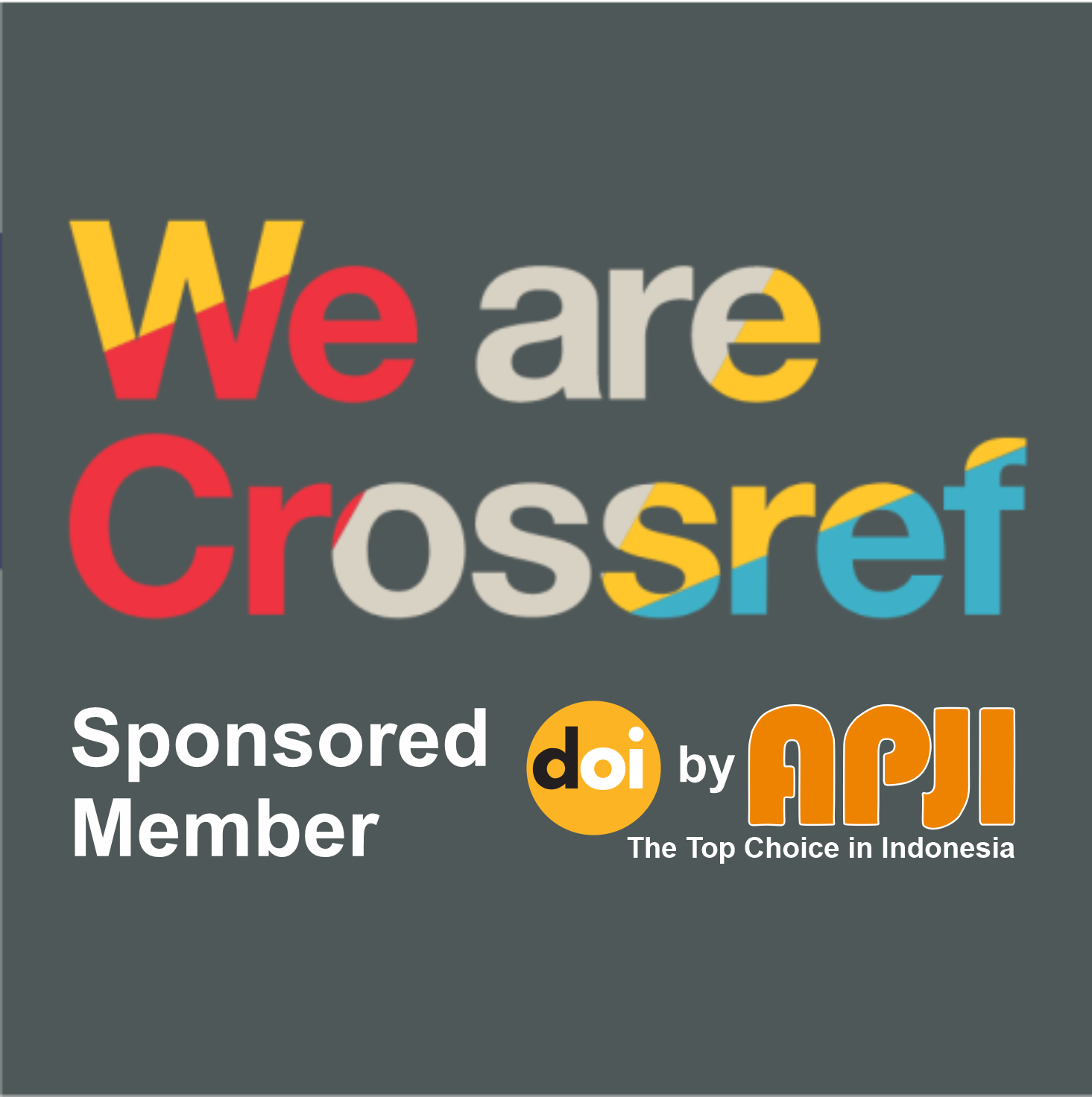A Qualitative Study of Biotechnology Research Ethics and Public Perception in Indonesia
Keywords:
Biotechnology Ethics, Policy Review, Public PerceptionAbstract
This qualitative study examines the ethical landscape surrounding biotechnology research in Indonesia and explores public perceptions that shape and are shaped by national policy and governance. Through semi-structured interviews with researchers, policymakers, ethicists, and civil society representatives, together with document analysis of recent regulatory updates, the research identifies key ethical concerns (human and non-human welfare, equity and access, informed consent, and biosafety), persistent gaps in public knowledge, and evolving policy responses including recent BPOM regulatory revisions. Findings indicate a dynamic tension between innovation-driven policy incentives and public caution grounded in cultural, religious, and historical factors; the study highlights the need for robust, transparent governance, public engagement, and capacity building to align research practices with societal values. Recommendations address policy harmonization, participatory deliberation mechanisms, ethics education, and monitoring frameworks to enable responsible biotechnology development in Indonesia
References
ANU National Security College. (2024). Ethical frameworks for deployment of synthetic biology in the Indo-Pacific (Policy brief). Australian National University. https://nsc.anu.edu.au/sites/default/files/2024-08/Ethical-Frameworks-for-Deployment-of-Synthetic-Biology-in-the-Indo-Pacific.pdf
Buddle, E. A. (2025). Understanding the diversity of perspectives on plant gene editing. Plant Science Reviews. https://doi.org/10.1007/s00299-025-03564-0
Buchholzer, M. (2023). An increasing number of countries regulate genome editing: implications for trade and governance. New Phytologist, 240(1), 1–9. https://doi.org/10.1111/nph.18333
FoodNavigator-Asia. (2024, December 17). Indonesia updates genetically modified food regulations to clarify sale requirements. https://www.foodnavigator-asia.com/Article/2024/12/17/indonesia-updates-genetically-modified-food-regulations-to-clarify-sale-requirements
Frontline Genomics. (2023, June 6). Unlocking the future: where is gene editing going next? https://frontlinegenomics.com/unlocking-the-future-where-is-gene-editing-going-next/
Hassan, H. F., et al. (2025). Public knowledge, attitudes, and perceptions toward genetically modified foods: a comparative study. GM Crops & Food. https://doi.org/10.1080/21645698.2025.2450852
Izzah, S. N., et al. (2021). Attitudes of Indonesian medical doctors and students toward genome editing and novel biotechnologies. BMC Medical Ethics, 22, Article 55. https://doi.org/10.1186/s12910-021-00635-7
Jimenez, J. (2022). Public engagement with biotechnology inside and outside the laboratory. Public Understanding of Science, 31(5), 589–605. https://doi.org/10.1177/09636625211060123
Lexology. (2025, March 24). New standards on genome-editing and guidelines on food safety: BPOM Regulation No. 19/2024. https://www.lexology.com/library/detail.aspx?g=a8ae7f9f-9cdd-432e-8de4-a2bb14ef6067
Nowamukama, M., et al. (2022). Public perceptions, knowledge and factors associated with acceptance of GM foods: evidence from a cross-sectional survey (preprint). bioRxiv. https://doi.org/10.1101/2022.11.23.517645
Ríos, D. F., et al. (2025). Regulatory challenges and global trade implications of genome-edited products. Global Food Policy Review, 3(2), 112–130. https://www.ncbi.nlm.nih.gov/pmc/articles/PMC12222225/
Sandoval-Yudhoyono, A. H. (2025). Bridging the gap: Indonesia’s research trajectory and national development alignment. Research Policy Indonesia, 2(1), 1–18. https://doi.org/10.1016/j.rpi.2025.03.001
Sen, D., et al. (2024). Antimicrobial resistance management using CRISPR-based antimicrobials: prospects and ethical considerations. Cell Reports Medicine, 5(2), 100-115. https://doi.org/10.1016/j.xcrm.2024.100115
Siddiqui, S. A., et al. (2022). Consumer social and psychological factors influencing attitudes to genetically modified foods: a global review. Sustainability, 14(23), 15884. https://doi.org/10.3390/su142315884
Tachikawa, T., & Matsuo, Y. (2023). Governance models for transboundary gene-edited agricultural products: lessons learned. Agricultural Governance Review, 7(4), 45–63.
The Guardian. (2024, April 1). Scientist who gene-edited babies is back in lab and 'proud' of past work despite jailing. https://www.theguardian.com/science/2024/apr/01/crispr-cas9-he-jiankui-genome-gene-editing-babies-scientist-back-in-lab
U.S. Department of Agriculture Foreign Agricultural Service (USDA FAS). (2024). Indonesia — Agricultural Biotechnology Annual (GAIN Report ID2024-0034). https://apps.fas.usda.gov/newgainapi/api/Report/DownloadReportByFileName?fileName=Agricultural+Biotechnology+Annual_Jakarta_Indonesia_ID2024-0034
Ulum, H. (2021). Obstacles and prospects for food biotechnology in Indonesia. Indonesian Journal of Food Technology Studies, 6(2), 77–92. (Referenced for contextual background on regulatory fragmentation.)
UNESCO. (2021). Recommendation on the ethics of artificial intelligence (relevant for cross-disciplinary governance principles). https://www.unesco.org/en/articles/recommendation-ethics-artificial-intelligence
U.S. Food and Drug Administration (FDA). (2024). Human gene therapy products incorporating human genome editing: guidance for industry. https://www.fda.gov/regulatory-information/search-fda-guidance-documents/human-gene-therapy-products-incorporating-human-genome-editing
World Health Organization (WHO). (2021). Human genome editing: a framework for governance (WHO Expert Advisory Committee). https://iris.who.int/bitstream/handle/10665/342484/9789240030060-eng.pdf
Yudhoyono, A. H., et al. (2025). Indonesia agricultural biotechnology showcase: policy implications and stakeholder responses. FAO/Regional Reports, 2025(6), 1–24. (Report based on 2025 agriculture showcase events.)
Zein, A., & Putra, S. (2023). Consumer knowledge and risk perception of GMO labeling in Indonesian rice markets. Journal of Consumer Policy and Food Safety, 10(1), 34–52.
Zulkifli, R., et al. (2024). CRISPR-Cas9 mediated gene therapy research trends in Indonesia: ethical and translational challenges. Indonesian Journal of Medical Biotechnology, 8(3), 115–132.
Downloads
Published
Issue
Section
License
Copyright (c) 2025 Park Jihoon, Choi Seojin, Nguyen Minh Tu, Nam Peng (Author)

This work is licensed under a Creative Commons Attribution-ShareAlike 4.0 International License.














